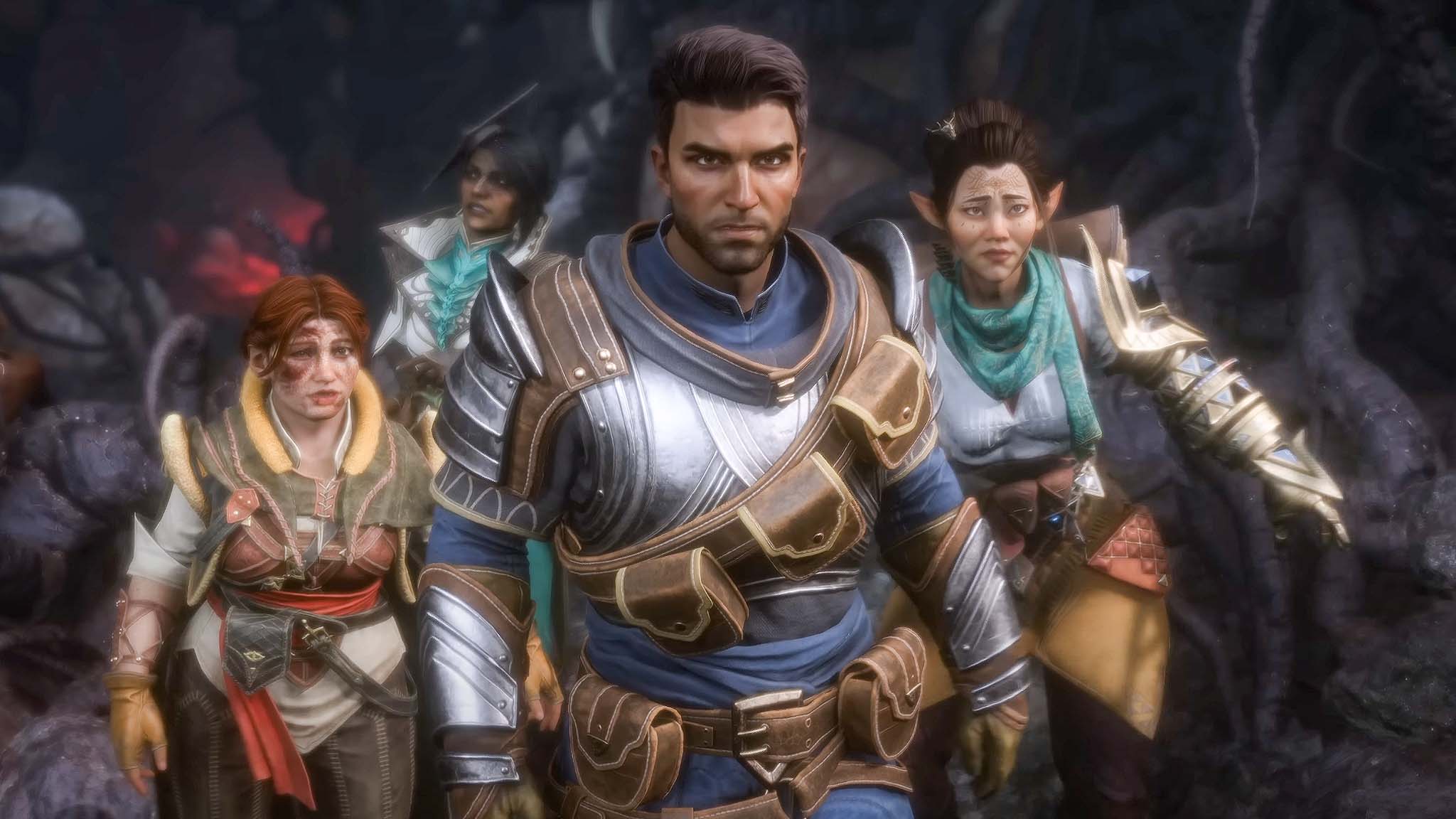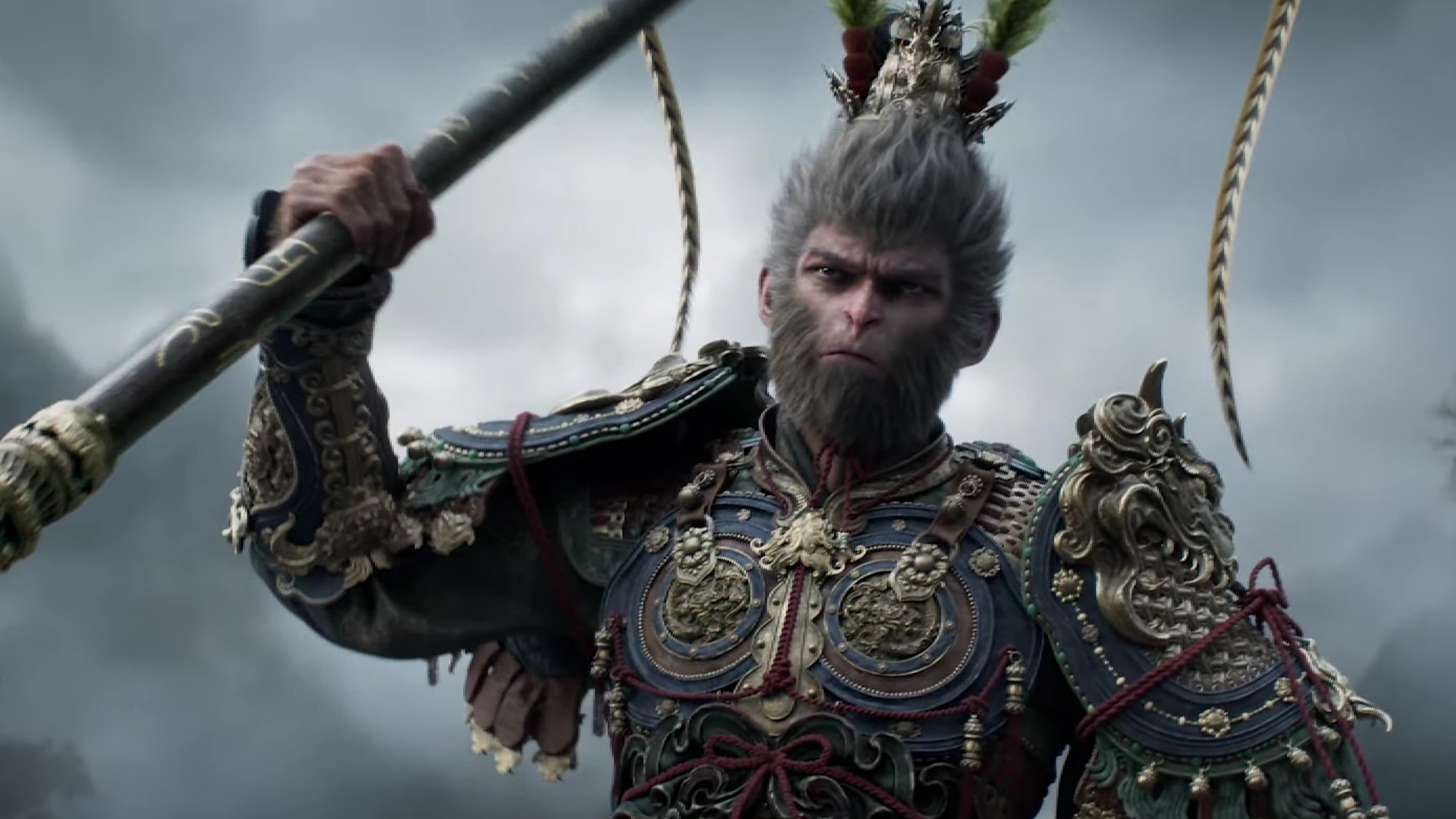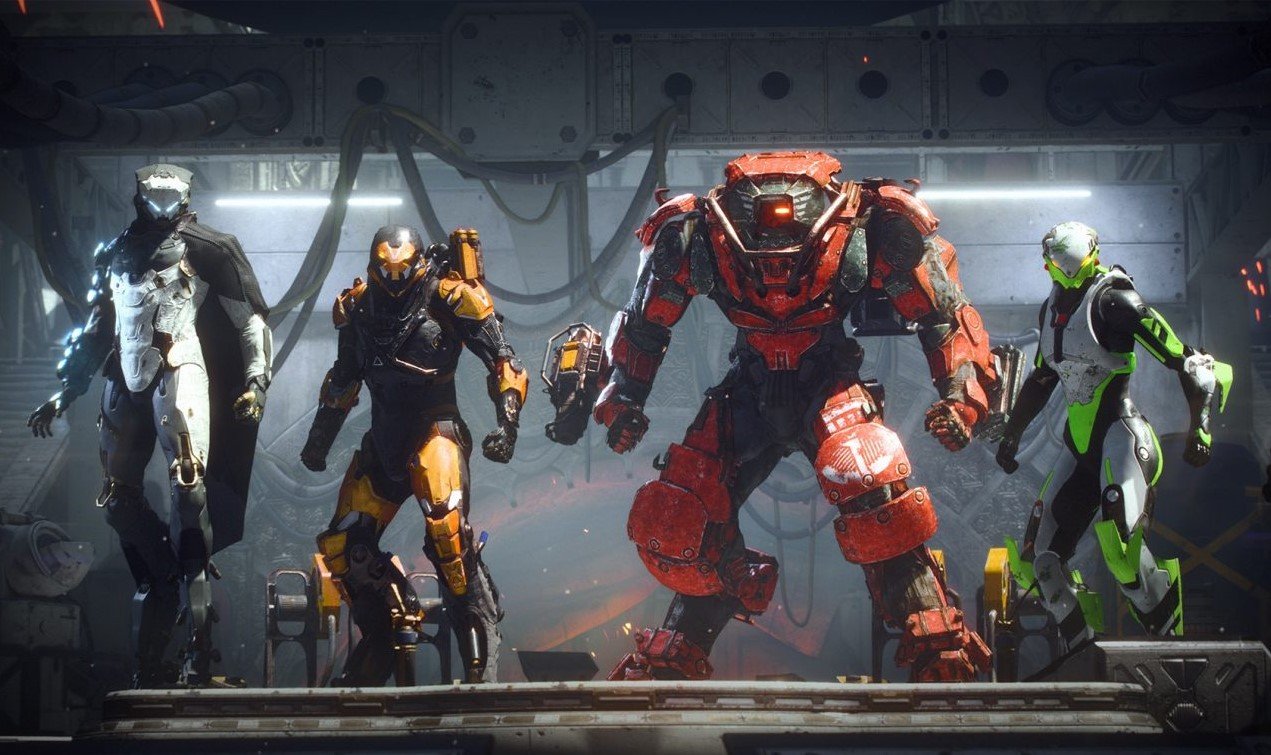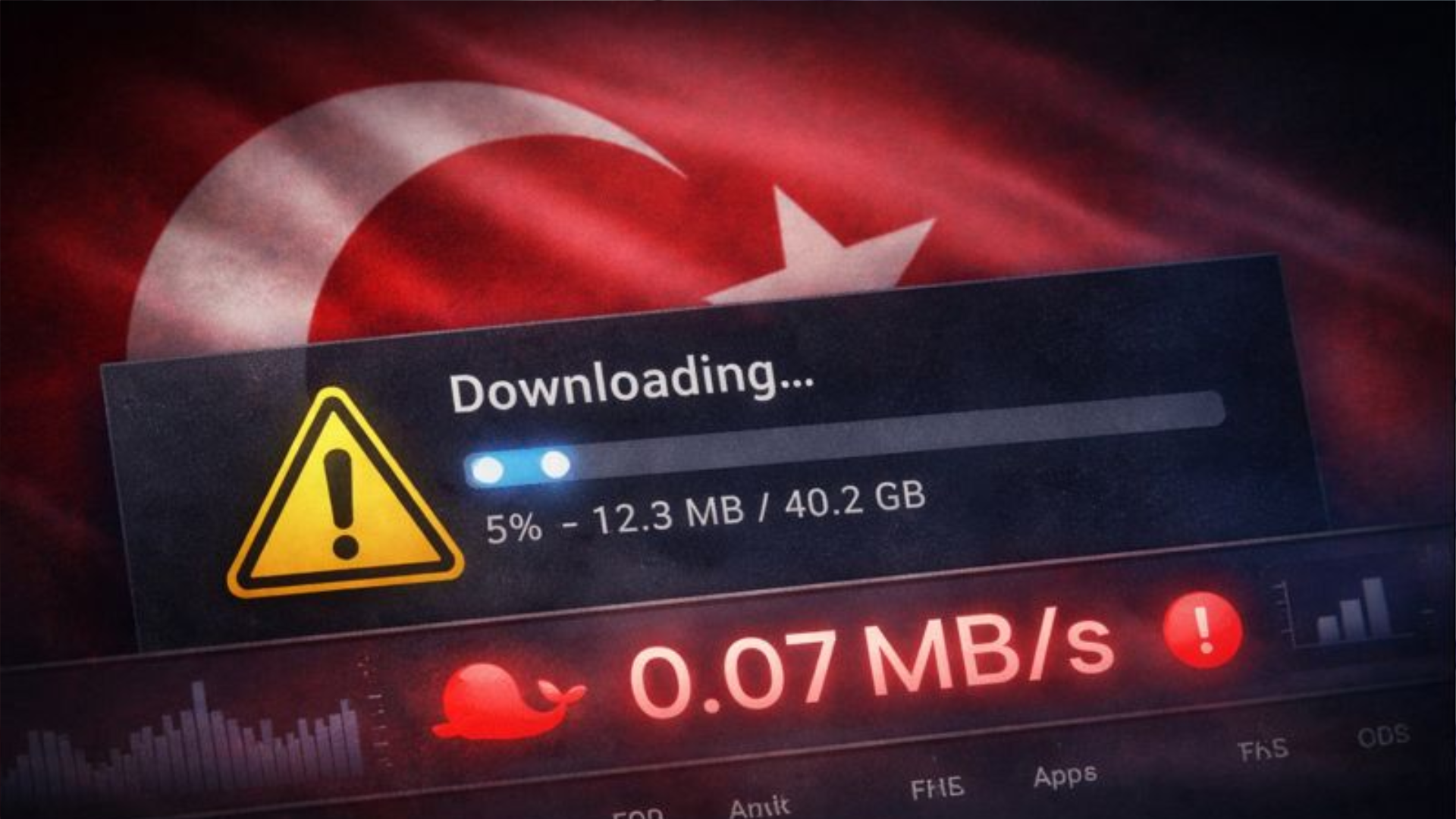EA is predictably learning the wrong lessons from Dragon Age: The Veilguard's failure
EA blames the failures of Dragon Age on a lack of shared-world experiences.

It's no secret that Dragon Age: The Veilguard has failed to capture the hearts and minds of fans in a truly meaningful way since its release. Marked by disappointing sales and the franchise director taking leave for greener pastures, Dragon Age: The Veilguard should serve as a learning opportunity for EA and BioWare to grow. But it doesn't look like they will.
In the recent Electronic Arts Q3 2025 Earnings Conference Call, EA discussed its core strategy, "Our Blockbuster storytelling strategy is built on three strategic objectives: first, create an authentic story and experience for the core audience. Second, build innovative, groundbreaking features. Third, emphasize high-quality launches across both PC and console."
EA continued, "In order to break out beyond the core audience, games need to directly connect to the evolving demands of players who increasingly seek shared World features and deeper engagement alongside high-quality narratives. In his beloved category, Dragon Age had a high-quality launch and was well-reviewed by critics and those who played. However, it did not resonate with a broad enough audience in this highly competitive market."
I'm sorry, what?
Excuse me? Did they say Dragon Age failed to resonate with a broader audience because it didn't feature shared-world features? I'm sorry, but no. That's an assumption I won't get behind. The majority of players want a compelling story with proper world-building, great gameplay, and memorable characters. It has nothing to do with a shared world.
Look at the recent success of games like S.T.A.L.K.E.R. 2, Black Myth: Wukong, and Kingdom Come Deliverance 2. These aren't shared worlds at all, and they found celebrated success in the gaming community. In fact, no single multiplayer component can be found in any of these three titles (S.T.A.L.K.E.R. 2 multiplayer forthcoming).
It drives me mad to see EA and BioWare somehow wholly missing the point as to why Dragon Age failed to find success. I wanted to love Dragon Age: The Veilguard; I was ready to throw my life away and play into the wee hours of the night. Seeing the logo across my screen brought fond memories long distant to me to the forefront of my imagination. What ruined it was the absence of the soul that once defined Dragon Age.
Our own Jennifer Young wailed on the experience in messages with me, "The writing was incredibly bad, just unbearable to sit through. Bioware is known for having morally grey characters, conflict between companions, and making you make difficult choices. It was all watered down so much that Rogue had little to no personality; everyone was either a hero or a Disney villain. Conversation choices did not matter; they were an illusion. It was just a hot mess. I didn't care if my companions lived or died because they were all so one note."
All the latest news, reviews, and guides for Windows and Xbox diehards.
Forget Dragon Age being "woke"; I don't care about that crap. Games like Hogwarts Legacy and Baldur's Gate 3 prove any character can be part of a video game experience, so long as they're well-written. What doesn't fit is writing that begs the user to skip dialogue. It's something I would have never done in a Mass Effect (forget Andromeda) or previous Dragon Age game. In fact, I felt anxiety if I accidentally skipped a single cutscene or ounce of dialogue to the point I'd reload a save!
If you want another excellent deep dive into the issues I and others had, look at this thread from a former BioWare developer. It's eye-opening how often BioWare strayed from the storytelling and mechanics that made it a legendary household gaming name. The thread is a stark reminder that a reputation can be just as easily lost as it is earned.
EA doubles down on Live Service
EA continued to prove they've learned nothing from the experience, saying, "Live services are 74% of our business. Let me start with Dragon Age: The Veilguard. The historically blockbuster storytelling has been the primary way our industry brought beloved IP to players. The game's financial performance highlights the evolving industry landscape and reinforces the importance of our actions to reallocate resources toward our most significant and highest potential opportunities."
How quickly EA and BioWare have somehow managed to forget Anthem, a live-service title that was literally built from the ground up on the idea of a shared-world experience. It was a massive failure that EA dealt with for years afterward, and I was someone who absolutely loved Anthem. I even have all four individual Javelin posters!
Like their shared-world experiences, not every single-player game will be an absolute blockbuster. Eight of the top ten global sellers on Steam can be played as a single-player experience, with Kingdom Come: Deliverance 2 reigning supreme. You have to go outside of the top five before you even come across a game that's a multiplayer-only title: the hit hero-shooter Marvel Rivals.
For every Marvel Rivals, there's an Anthem. For every Kingdom Come Deliverance: 2, there's a Dragon Age: The Veilguard. Doubling down on multiplayer titles for future IPs when you haven't had an original hit since 2020 with Apex Legends might not be the call. Let's double back and look at Hogwarts Legacy again.
Hogwarts Legacy exploded at launch. One of the title's most listed complaints was the lack of Quidditch, a game every Harry Potter fan knows is part of the wizarding experience. Instead, Quidditch was planned as a stand-alone title that launched late in 2024. It must have been a huge success, right?
No, it was a colossal failure. The game failed to reach more than 6,500 concurrent players on Steam. That's less than a tenth of what Dragon Age: The Veilguard achieved. By every calculation, Harry Potter: Quidditch Champions was an embarrassment. Doesn't sound like players really wanted a shared-world experience after all, did they? Making a failed single-player title into a multiplayer game doesn't equate to success.
Players simply want a good game. That's it. There's no secret to it. Players want to play a game that's fun and enticing, a game that values the time they put into it. They don't care if other players are involved. They want to see and do awesome stuff in something that pulls them away from the real world, not something that condemns them for playing like the drag that Anthem and Dragon Age: The Veilguard were.
EA, you need to be mindful of what the player base actually wants—not what your Madden, FC, and Apex Legends whales have paid for. Be smart, and make good games. Listen to the players.
What do you think? Do you need a multiplayer or shared-world experience to really enjoy a game? Is that what pulls you in? Let us know below in the comments or on social media. I'll be sure to check out the conversation.

Michael has been gaming since he was five when his mother first bought a Super Nintendo from Blockbuster. Having written for a now-defunct website in the past, he's joined Windows Central as a contributor to spreading his 30+ years of love for gaming with everyone he can. His favorites include Red Dead Redemption, all the way to the controversial Dark Souls 2.


